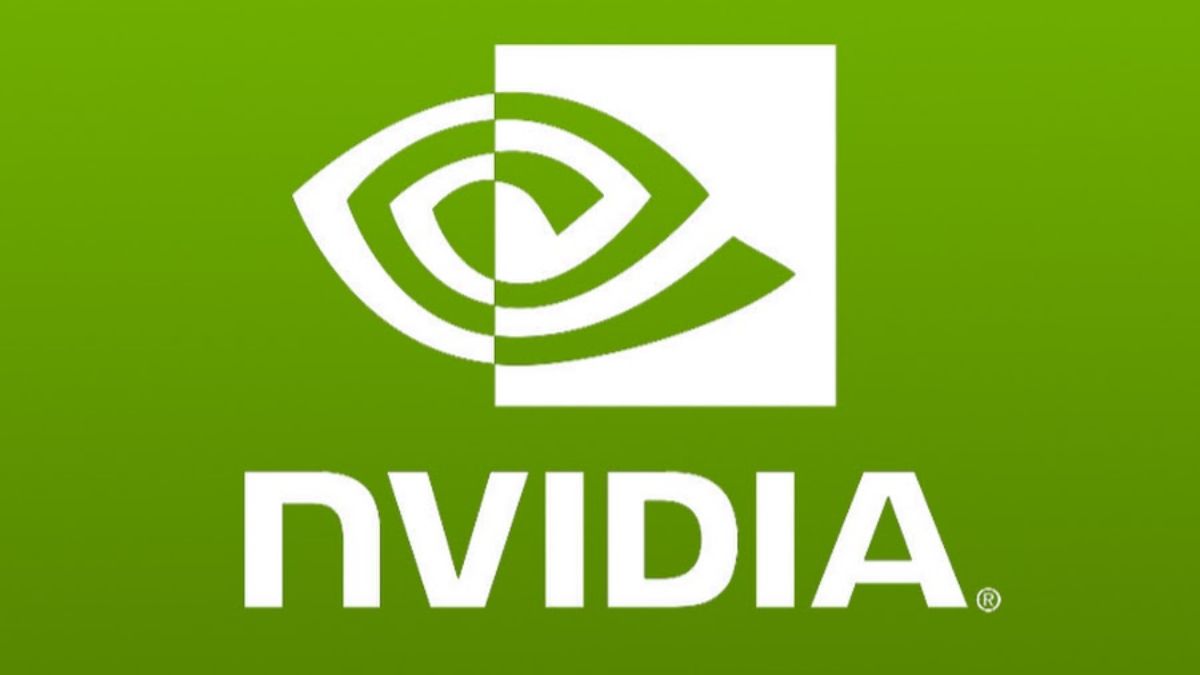The surge in artificial intelligence (AI) has dramatically boosted certain semiconductor firms, particularly Nvidia, but not all companies in the chip sector are experiencing similar gains. The financial results from semiconductor companies for the June quarter reveal a mixed impact from the AI boom, highlighting differences in their roles within the semiconductor supply chain.
Nvidia has emerged as a major beneficiary of the AI boom, thanks to its graphics processing units (GPUs) which are essential for training large language models (LLMs) that underpin generative AI applications. Nvidia’s new Blackwell GPU, unveiled at the GPU Technology Conference, has been a key driver of its success. The company continues to see substantial growth in demand as tech giants like Meta and Microsoft increase their capital expenditures on AI infrastructure.
AMD, a rival to Nvidia, is also capitalizing on the AI trend with its MI300X AI chip. AMD’s second-quarter earnings exceeded expectations, and the company forecasts its data center GPU revenue will surpass $4.5 billion in 2024, up from an earlier $4 billion estimate.
TSMC and ASML, which are integral to semiconductor manufacturing, are also benefiting. TSMC reported a 36% year-on-year increase in net profit, while ASML saw a 24% rise in net bookings. Samsung’s operating profit soared dramatically, driven by increased demand for advanced chips.
However, Qualcomm and Arm have not experienced the same level of benefit from the AI boom. Despite both companies positioning themselves as important players in AI, their direct exposure to AI applications remains limited.
- Arm, known for designing chip blueprints used in a broad range of devices, has not seen significant growth from AI-focused data centers. Its revenue is still heavily reliant on consumer electronics rather than data centers.
- Qualcomm produces chips for smartphones and other devices, with less involvement in the high-performance computing required for LLMs. Although its chips will feature in upcoming AI PCs from Microsoft, this is a longer-term opportunity.
Overall, while Nvidia and certain chip manufacturers are capitalizing on the surge in AI investment, others in the semiconductor industry are still navigating their path amid the shifting technology landscape.


